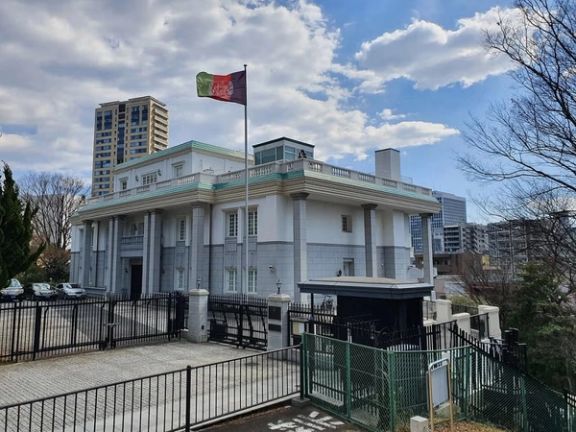Speaking at the opening of the seventh Moscow Format meeting on Afghanistan on Tuesday, 7 October, Lavrov said: “We firmly emphasise the absolute unacceptability of deploying the military infrastructure of third countries in Afghanistan or neighbouring states under any pretext.”
The talks, held in Moscow, brought together representatives from Russia, India, Iran, Kazakhstan, Kyrgyzstan, China, Pakistan, Tajikistan, Turkmenistan, and Uzbekistan to discuss Afghanistan’s political and security situation. For the first time, Taliban Foreign Minister Amir Khan Muttaqi attended the meeting as a formal member.
Russian Foreign Ministry spokesperson Maria Zakharova earlier confirmed that a delegation from Belarus had also been invited.
Moscow’s Warning on Foreign Military Presence
Lavrov said Afghanistan’s long history of foreign intervention had already shown the dangers of external military involvement.
“Afghanistan’s history is full of examples of foreign military presence. I believe everyone should have drawn the right conclusions long ago,” he said.
He urged Western countries to “recalibrate their approach” and stressed that humanitarian assistance should not be conditioned on political demands.
Lavrov added that the Taliban’s participation in the Moscow Format would make the dialogue more effective:
“Afghanistan’s problems cannot be solved without Afghans themselves,” he said.
Russia Strengthening Ties with the Taliban
Lavrov said he had held a bilateral meeting with Taliban Foreign Minister Amir Khan Muttaqi to discuss expanding relations between Russia and Afghanistan, including cooperation on counterterrorism, counter-narcotics, and trade.
He confirmed that Moscow had formally recognised the Taliban government in July and lifted restrictions on cooperation.
“Ensuring regional security requires Kabul’s participation in political processes, multilateral cooperation, and joint economic projects,” Lavrov said. “Russia fully agrees with this approach.”
Lavrov also criticised Western nations for holding Afghanistan’s frozen assets and imposing banking restrictions that, he said, had deepened the country’s economic crisis.






